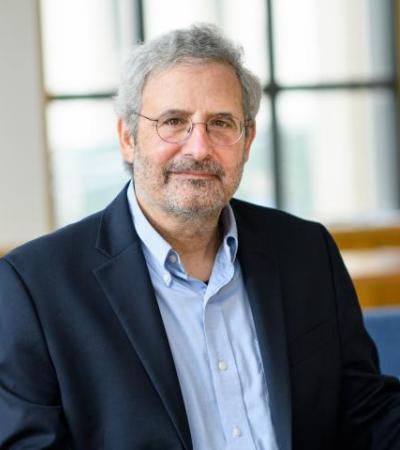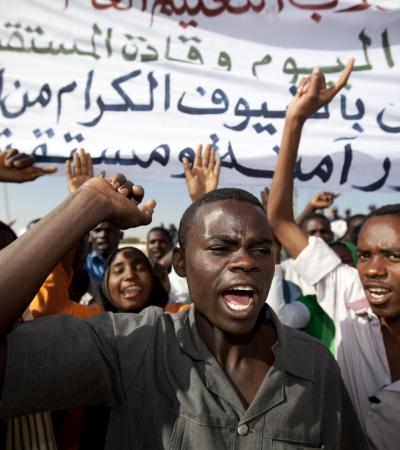Mark Beissinger is Henry W. Putnam Professor in the Department of Politics at Princeton University. Previously he served as Director of the Princeton Institute for International and Regional Studies (2009-16), chair of the University of Wisconsin's Political Science Department (2001-04), founding director of the University of Wisconsin's Center for Russia, East Europe, and Central Asia (1992-98), and president of the American Association for the Advancement of Slavic Studies. His main fields of interest are social movements, revolutions, nationalism, state-building, and imperialism, with special reference to the Soviet Union and the post-Soviet states.
In addition to numerous articles and book chapters, Beissinger is author or editor of five books: Scientific Management, Socialist Discipline, and Soviet Power (Harvard University Press, 1988); The Nationalities Factor in Soviet Politics and Society (Westview, 1988); Beyond State Crisis? Post-Colonial Africa and Post-Soviet Eurasia Compared (Johns Hopkins University Press, 2002); Nationalist Mobilization and the Collapse of the Soviet State (Cambridge University Press, 2002); and Historical Legacies of Communism in Russia and Eastern Europe (Cambridge University Press, 2014). He is currently writing a book examining how urbanization and the global shift of power to cities has affected the incidence, practice, and consequences of revolutions around the world over the last century.
Beissinger's recent writings have dealt with such topics as individual participation in the Orange Revolution in Ukraine in 2004 and in the Egyptian and Tunisian revolutions in 2011, the impact of new social media on opposition movements in autocratic regimes, Russian imperialism in Eurasia, the relationship between nationalism and democracy, and the evolving character of revolutionary episodes since 1900.
Beissinger's research has been supported by the John Simon Guggenheim Memorial Foundation, the Institute for Advanced Study at Princeton, the Wissenshaftskolleg zu Berlin, the Woodrow Wilson International Center for Scholars, the National Science Foundation, the United States Institute for Peace, and the Ford, Rockefeller, and Olin Foundations. He holds a PhD from Harvard University.








